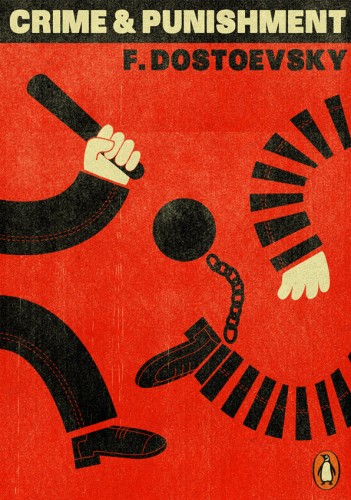
This morning’s Hopelessly comes from the one and only Bryan Jarrell.
Then they burned the whole city and everything in it, but they put the silver and gold and the articles of bronze and iron into the treasury of the Lord’s house. But Joshua spared Rahab the prostitute, with her family and all who belonged to her, because she hid the men Joshua had sent as spies to Jericho—and she lives among the Israelites to this day. (Joshua 6:15-25, NIV)
Joshua 6 tells the story of the fall of Jericho, one of the most spectacular and disturbing stories in the Old Testament. You know the shtick: big walls, a seven-day parade around the walls, a few trumpet blasts, and the walls come “a tumblin” down.” If you were in children’s Sunday school, though, this is where story-time would end, because the next few verses are actually pretty disturbing: the walls come down, and the Israelites proceed to destroy every living thing in Jericho—men, women, and children; even the animals are slaughtered and burned. These are the foul words of genocide more than the words of a children’s tale.
 This entire section of Scripture, often called “the Conquest of Canaan,” tells two stories. On a most basic level, it is the story of God giving the land He had promised Abraham. On a more literarily complex level, it is the foreshadowing of the judgment that we read about in the book of Revelation: when John writes Revelation, he uses the imagery of seven trumpet judgments so we’ll think back to this book and chapter. In both cases, nobody escapes. The virtuous are burned with the guilty. The beautiful along with the ugly. The old and young, male and female, all have come under God’s holy judgment. This is true in the land of Canaan, and this is true in the book of Revelation. And once God’s judgment is pronounced, there is no mercy or leniency for anybody.
This entire section of Scripture, often called “the Conquest of Canaan,” tells two stories. On a most basic level, it is the story of God giving the land He had promised Abraham. On a more literarily complex level, it is the foreshadowing of the judgment that we read about in the book of Revelation: when John writes Revelation, he uses the imagery of seven trumpet judgments so we’ll think back to this book and chapter. In both cases, nobody escapes. The virtuous are burned with the guilty. The beautiful along with the ugly. The old and young, male and female, all have come under God’s holy judgment. This is true in the land of Canaan, and this is true in the book of Revelation. And once God’s judgment is pronounced, there is no mercy or leniency for anybody.
“But wait!”, you quizzically interject, “what about this Rahab person? Doesn’t Rahab and her family escape judgment?” And I am happy, of course, to concede this truth. But the fact that Rahab and her family are spared from God’s judgment proves difficult for us, doesn’t it? It completely turns our notions of justice and punishment upside down. Rahab is a prostitute. If anybody goes down, we expect her to be among the first to go. We read that her entire household was saved that day, and while we don’t know anybody in her household, we can surmise that none of them were particularly important people if they still associated with a prostitute. The people saved in this story are not saved because they are remarkable or saintly. They are saved even though they are unremarkable and sinful. This one family becomes, in turn, part of the people of God. As Hebrews 11 reminds us, it is by faith that Rahab fears God and the invading Israelites, and it is by that faith she is saved.
Fyodor Dostoevsky, the renowned Russian writer, picks up on this theme throughout Crime and Punishment. Raskolnikov, the insane murdering protagonist, meets his alcoholic friend Marmeladov at a local bar. After discussing religion over drinks, some of the bar’s patrons ask the drunken Marmeladov if he thinks he will get into heaven. In drunken anger and frustration, he rises to the occasion and (ironically) preaches on this very subject. He and Rahab have a lot in common, and Marmeladov’s words powerfully echo the grace of God to his (and our) kind:
He will say, ‘come forth ye drunkards, come forth, ye weak ones, come forth, ye children of shame!’ and we shall all come forth, without shame and stand before him. And He will say unto us, ‘Ye are swine, and made in the Image of the Beast and with his mark; but come [into my kingdom] ye also!’ And the wise ones and those of understanding will say, ‘Oh Lord, why dost Thou receive these men?’ And He will say, ‘this is why I receive them… that not one of them believed himself to be worthy of this.’ And He will hold out his hands to us and we shall fall down before him… and we shall weep… and we shall understand all things…

COMMENTS
Leave a Reply












